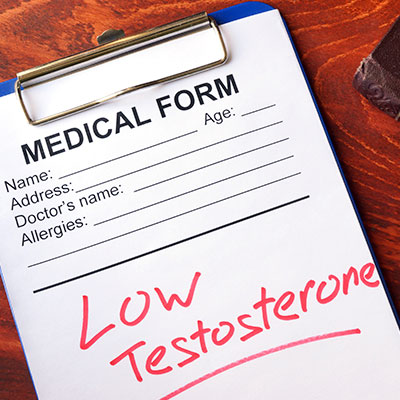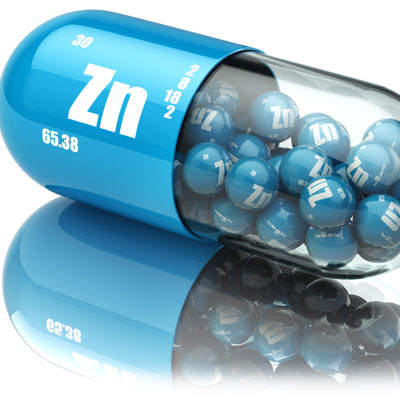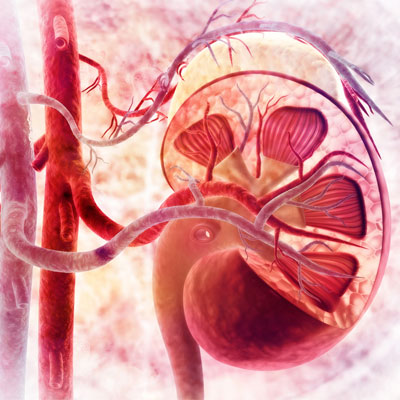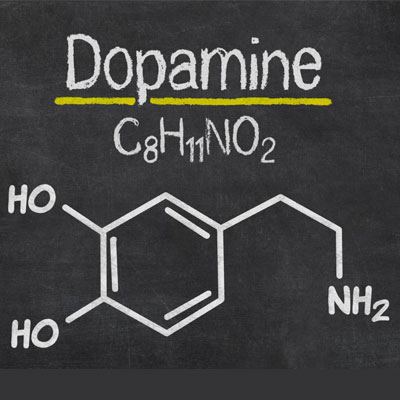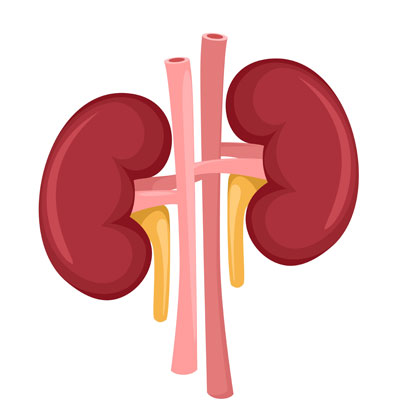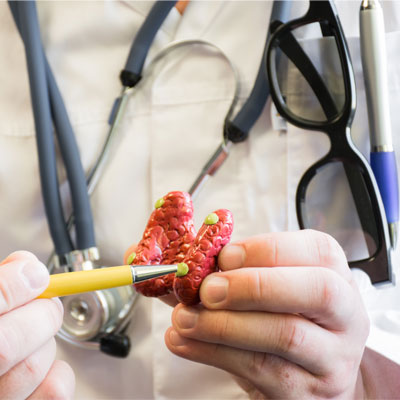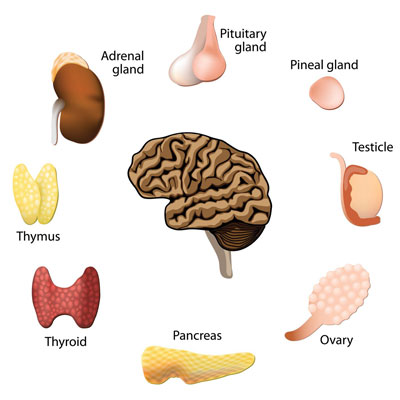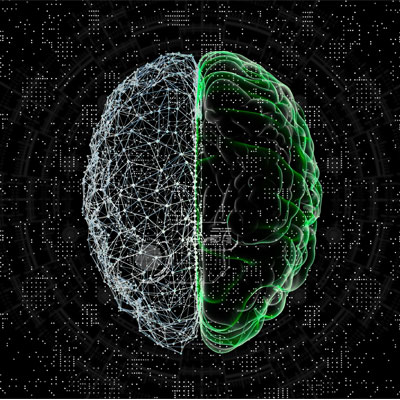What Does Testosterone Do to Your Kidneys (Renal Function)
Contents
- How can testosterone affect kidneys if you have diabetes or high blood sugar?
- How does testosterone harm your kidneys if you have high blood pressure?
- Does Testosterone Increase the Risk of Kidney Stones?
- How Does Testosterone Impact Kidney Functions?
- How does testosterone affect your kidney function in other ways besides what we have covered?
- What does testosterone do to your kidneys and urinary flow?
- Can testosterone make your kidneys hurt?
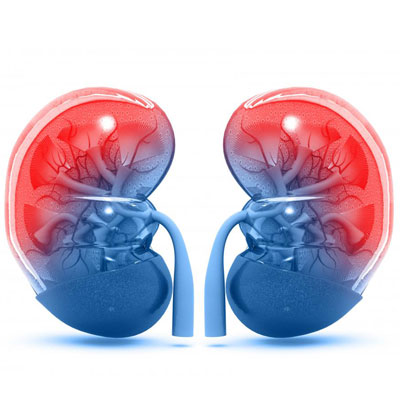
Testosterone levels are naturally higher in males than females, and women tend to develop kidney disease more frequently than men. However, males have a greater risk of progressing to kidney failure than females.
The first connection between low testosterone and kidneys has to do with diabetes. The second connection is high blood pressure. Low testosterone contributes to both type 2 diabetes and elevated blood pressure levels.
Men with Low T are more likely to gain weight, experience high blood sugar levels, and insulin insensitivity. Women are also at risk for these conditions if they have low testosterone levels.
How can testosterone affect kidneys if you have diabetes or high blood sugar?
Testosterone can reduce metabolic function so that the body cannot efficiently process the food you consume into usable energy. Instead, you store the food as fat, increasing the risk of obesity, metabolic syndrome, and diabetes. High blood sugar levels can cause damage to the kidneys over time, eventually leading to chronic kidney disease (CKD).
How does testosterone harm your kidneys if you have high blood pressure?
Since testosterone stimulates red blood cell production and lowers LDL cholesterol levels, it can improve or hinder circulation, depending on its levels. People with Low T are more likely to suffer from anemia and atherosclerosis, increasing the risk of cardiovascular disease. Because the kidneys use blood vessels to filter waste, they need these blood vessels to be in proper working order. Low testosterone can lead to plaque build up of cholesterol in the arteries, causing atherosclerosis and hardening or narrowing of the arteries. Blood flow to the kidneys decreases so that kidney arteries cannot filter the blood properly. Eventually, the kidneys begin to fail.
Although the effects may be somewhat indirect, low testosterone can result in problems with the kidneys.
Testosterone and Chronic Kidney Disease
As we explore the question of can low testosterone affect kidneys, we look at chronic kidney disease.
What is CKD and how do you get it?
Chronic kidney disease is a condition that occurs when the kidneys begin to lose function. You may not know that you have CKD for quite some time until symptoms appear. The earlier you detect CKD, the easier it is to prevent its progression. Age, diabetes, family history, and high blood pressure all contribute to the risk.
When looking at testosterone kidney problems, knowing the signs of CKD is crucial:
- Feeling fatigued and having less energy than normal
- Poor appetite
- Sleep trouble
- Impaired concentration
- Dry, itchy skin
- Frequent need to urinate
- Nocturnal muscle cramping
- Swollen ankles and feet
- Puffiness around eyes – increased in the morning
A significant testosterone kidney disease connection shows that men in stage 3 or 4 of chronic kidney disease with low testosterone levels have an increased risk of dying. Diabetes and high BMI (body mass index) increase the risk of low testosterone levels. Heart disease is the leading cause of death in people with CKD. We already mentioned that high blood pressure and diabetes are causes of chronic kidney disease, but it is vital to know that they are responsible for up to two-thirds of all CKD cases.
What does testosterone do to your kidneys as the stages of CKD progress?
The impact of testosterone is based on how it influences blood sugar, blood pressure, heart health, prostate size, circulation, and red blood cell production which all impact kidney functions.
The stages of CKD are:
- Stage 1 – normal kidney function with some kidney damage (90 – 100% function)
- Stage 2 – mild kidney function loss with some kidney damage (60 to 89% function)
- Stage 3a – mild to moderate kidney function loss (45 to 59% function)
- Stage 3b – moderate to severe kidney function loss (30 to 44% function)
- Stage 4 – severe kidney function loss (15 to 29% function)
- Stage 5 – kidney failure (less than 15% function)
Diabetes and high blood pressure are responsible for up to two thirds of chronic kidney disease.
Does Testosterone Increase the Risk of Kidney Stones?
In an MDedge Endocrinology report in 2018, a testosterone kidney stones connection was discussed. Analysis of over 50,000 men with low testosterone showed an increased risk of developing kidney stones when using testosterone replacement therapy. Analysis showed either an increase in kidney stone diagnosis or of kidney stone-related procedures.
These testosterone kidney effects may be due to lower citrate levels and increased oxalate levels in the kidneys which could stimulate stone formation.
The numbers regarding these testosterone and kidney problems for stone formation were as follows:
- 26, 586 men between age 40 and 64 diagnosed with low testosterone who received testosterone replacement therapy
- 26,586 men in the control group with low testosterone who did not receive testosterone therapy
- Diagnosed kidney stones: 1,059 in TRT group compared to 794 in non-treated men
- Extracorporeal shock wave lithotripsy procedures: 67 in the treatment group vs. 51 controls
- Ureteroscopy with lithotripsy: 75 in TRT men vs. 46 in the control group
Breakdown based on the type of TRT:
- Injections: 218 out of 4,259 (5.1%)
- Pellets: 9 out of 167 (5.4%)
- Topical: 655 out of 18,895 (3.5%)
When asking what does testosterone do to your kidneys, an increased risk of kidney stones, although not extreme, is something to know. If you do require testosterone therapy to reverse the symptoms of Low T, you can take the following steps to decrease the risk of kidney stones:
- Reduce sodium intake
- Increase water consumption – 8 glasses per day, more if you sweat a lot, exercise, or have cystine stones history
- Orange juice and lemonade or lemon in your water can help decrease kidney stone formation
- Decrease consumption of oxalate-rich foods such as chocolate, soy, wheat bran, peanuts, beets, coffee, spinach, sweet potatoes, and rhubarb
- Do not use vitamin C supplements as they can form kidney stones
- Consume less animal protein
- Check out herbal remedies such as Chanca Piedra to prevent calcium-oxalate stone formation
- Increase calcium-rich food consumption such as low-fat cheese, yogurt, and milk
There are also 4 types of kidney stones – each with its own treatment:
- Calcium stones – phosphate or thiazide diuretic
- Cystine stones – Captopril (capoten) may lower urine cystine levels
- Struvite stones – antibiotics to reduce bacteria in urine
- Uric acid stones – Zyloprim (allopurinol) may reduce blood or urine uric acid levels
Testosterone therapy slightly increases the risk of kidney stones – take steps to reduce that risk while using TRT.
How Does Testosterone Impact Kidney Functions?
Here are some other important things to know about testosterone and kidney functions:
How does testosterone affect your kidney function in other ways besides what we have covered?
We know that testosterone promotes the production of red blood cells in bone marrow. However, it needs a chemical called erythropoietin to make it happen. Erythropoietin is made by the kidneys. If low testosterone causes the previously mentioned problems which impact kidney functions, it will also lead to a decrease in erythropoietin.
The production of red blood cells declines, impacting circulation. Lack of blood flow to the kidneys can result in acute renal failure.
What does testosterone do to your kidneys and urinary flow?
Low testosterone levels are often implicated in men with enlarged prostates. As men age, their testosterone production declines and prostate growth increases. An enlarged prostate can hinder and block urinary flow. One aspect of low testosterone, kidney function decline occurs when prostate enlargement interferes with the urinary flow which can cause urine to back up in the kidneys, causing acute renal failure.
Can testosterone make your kidneys hurt?
The most common pain associated with kidneys is that of kidney stones. It is an extremely painful condition that occurs when mineral and salts form into hard deposits inside the kidneys. The passing of the stones through the urinary tract is what causes intense pain. The following are symptoms of kidney stones:
- Radiating pain in the groin and lower abdomen
- Pain fluctuating in waves and intensity
- Severe pain below the ribs in the back and side
- Pain during urination
- Nausea or vomiting
- Constant or more frequent need to urinate
- Chills and fever (indicative of infection)
- Sparse urination
- Foul-smelling, cloudy, pink, brown, or red urine
Low testosterone can interfere with blood flow and urination which can both impact kidney functions.
The Bottom Line on Testosterone and Kidney Disease
Early diagnosis of low testosterone is the best way to prevent many of the risk factors that can lead to kidney disease. How does testosterone affect kidneys if you begin testosterone replacement therapy? Is it possible to avoid kidney stones while receiving TRT and reducing the factors that can cause CKD?
Testosterone therapy is a crucial aspect of reducing the risk of kidney disease. Testosterone can help lower LDL cholesterol, improve PSA levels, normalize blood pressure, and balance glucose and insulin levels. Since testosterone improves red blood cell production and circulation, it can help send more oxygen-rich blood to the kidneys to aid their functions. By following the guidelines provided here, it is also possible to reduce the risk of kidney stones from forming.
If you have questions about what does testosterone do to your kidneys, please do not hesitate to contact our hormone clinic. We provide free consultations to men and women throughout the US.
Early diagnosis of low testosterone, diabetes, high blood pressure, and CKD can help improve treatment options.
- Rishi Sharma, MD, MHSA, Olurinde Oni, MBBS, MPH, Peter Wiegmann, BA, Mukut Sharma, PhD, Mariana Garcia-Touza, MD, Archana Goel, MD, Virginia Savin, MD, Rajat Barua, MD, PhD, Ram Sharma, MHSA, PhD, Thomas Wiegmann, MD
- Dr. Periklis Dousdampanis, MD, MSc, PhD, Dr. Triga Κonstantina, MSc, Costas Fourtounas, MD, PhD, Joanne M Bargman, MD, FRCPC
- Pedro Iglesias, MD, PhD, Juan Jesus Carrero, Juan J Díez
- Guido Filler, Amanda Ramsaroop, Robert Stein, Claire Grant, Raanan Marants, Aaron So, and Christopher McIntyre
Testosterone Replacement Therapy (TRT) is Associated with Delayed Progression of Chronic Kidney Disease: A Retrospective Analysis of Testosterone Normalization in US Veterans
Role of Testosterone in the Pathogenesis, Progression, Prognosis and Comorbidity of Men With Chronic Kidney Disease
Gonadal dysfunction in men with chronic kidney disease: Clinical features, prognostic implications and therapeutic options


